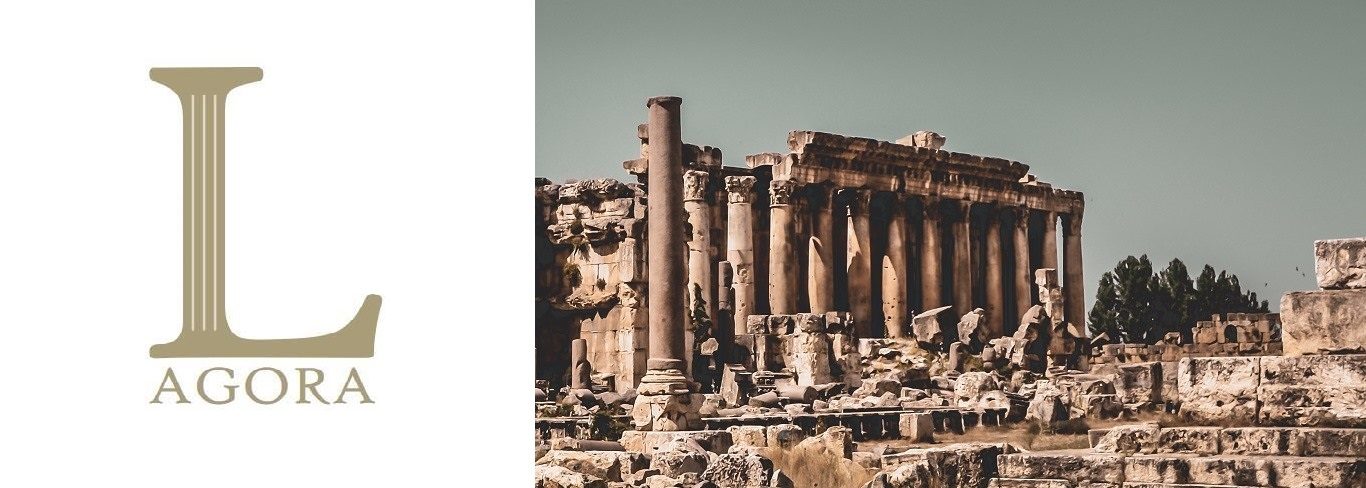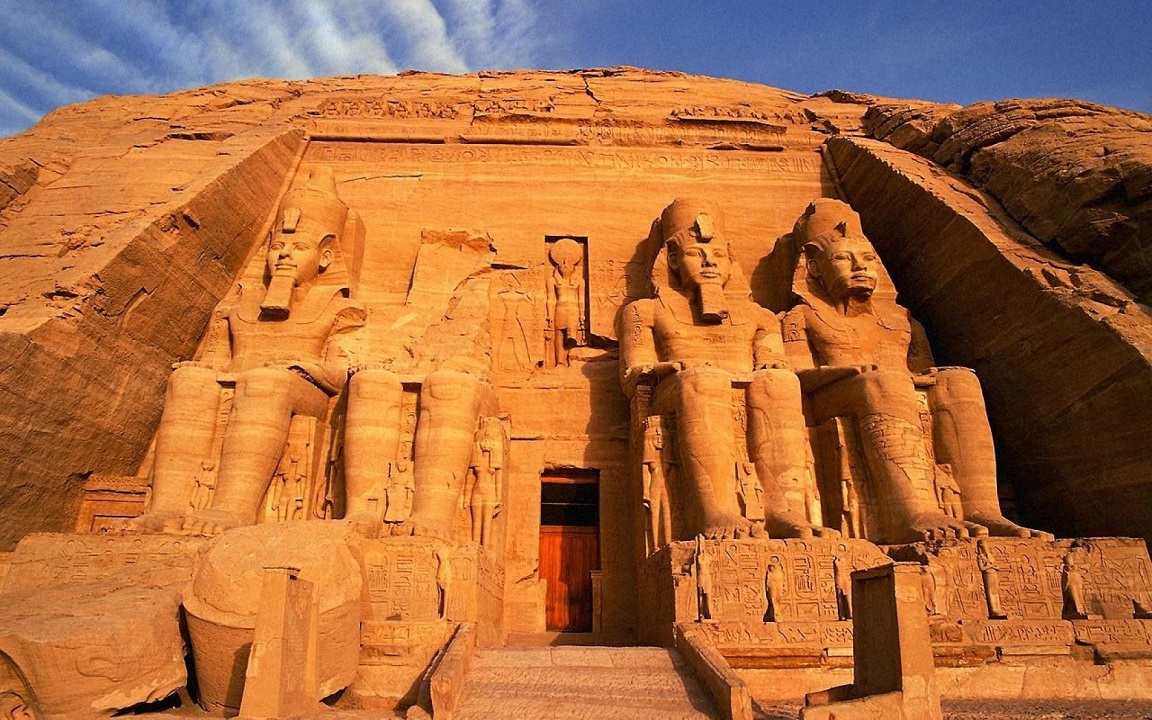By History.com Editors. One of America’s best-loved presidents, John Fitzgerald Kennedy, is born into a politically and socially prominent family in Brookline, Massachusetts, on May 29, 1917. He was the first American president to be born and then serve in the 20th century. In 1935, Kennedy enrolled at Harvard University and received a degree inContinue reading “History.com: This Day In History (May 29-1917): Future President John F. Kennedy is born”
Tag Archives: John F. Kennedy
History Today: On the Spot: Eugene Rogan (Interview)
By History Today’s Editorial Dept. ‘What is the most common misconception about your field? That the Arabs are unusually prone to conspiracy theories to explain political developments.’ Why are you a historian of the Middle East? I spent my school years in Beirut and Cairo, a witness to the 1973 Arab-Israeli War, the Lebanese CivilContinue reading “History Today: On the Spot: Eugene Rogan (Interview)”
Dissident Voice: Genocide as a Strategy for Success
By Paul Larudee. The future always surprises us to some degree. But we make plans, anyway, based on our projections, and we adjust them when our predictions are at least partially wrong, which they always are, because they make assumptions based upon things that we take for granted, such as our health and that meteorsContinue reading “Dissident Voice: Genocide as a Strategy for Success”
History.com: This Day In History (March 13-1961): President Kennedy proposes Alliance for Progress
By History.com Editors. President John F. Kennedy proposes a 10-year, multibillion-dollar aid program for Latin America. The program came to be known as the Alliance for Progress and was designed to improve U.S. relations with Latin America, which had been severely damaged in recent years. When Kennedy became president in 1961, U.S. relations with LatinContinue reading “History.com: This Day In History (March 13-1961): President Kennedy proposes Alliance for Progress”
History.com: This Day In History (February 7-1962): Full U.S.-Cuba embargo is announced
By History.com Editors. On February 7, 1962, President John F. Kennedy issues an executive order broadening the United States’ restrictions on trade with Cuba. The ensuing embargo, which effectively restricts all trade between Cuba and the United States, has had profoundly negative effects on the island nation’s economy and shaped the recent history of theContinue reading “History.com: This Day In History (February 7-1962): Full U.S.-Cuba embargo is announced”
History.com: This Day In History (October 29-1962): Nikita Khrushchev orders withdrawal of missiles from Cuba
By History.com Editors. Soviet Premier Nikita Khrushchev orders withdrawal of missiles from Cuba, ending the Cuban Missile Crisis. In 1960, Khrushchev had launched plans to install medium and intermediate range ballistic missiles in Cuba that would put the eastern United States within range of nuclear attack. In the summer of 1962, U.S. spy planes flyingContinue reading “History.com: This Day In History (October 29-1962): Nikita Khrushchev orders withdrawal of missiles from Cuba”
History.com: This Day In History (October 22-1962 ): JFK’s address on Cuban Missile Crisis shocks the nation
By History.com Editors. In a televised speech of extraordinary gravity, President John F. Kennedy announces on October 22, 1962 that U.S. spy planes have discovered Soviet missile bases in Cuba. These missile sites—under construction but nearing completion—housed medium-range missiles capable of striking a number of major cities in the United States, including Washington, D.C. KennedyContinue reading “History.com: This Day In History (October 22-1962 ): JFK’s address on Cuban Missile Crisis shocks the nation”
History.com: This Day In History (July 20-1969): Neil Armstrong walks on moon
By History.com Editors. At 10:56 p.m. EDT, American astronaut Neil Armstrong, 240,000 miles from Earth, speaks these words to more than a billion people listening at home: “That’s one small step for a man, one giant leap for mankind.” Stepping off the lunar module Eagle, Armstrong became the first human to walk on the surfaceContinue reading “History.com: This Day In History (July 20-1969): Neil Armstrong walks on moon”
History.com: This Day In History (April 7-1961): JFK lobbies Congress to help save historic sites in Egypt
By History.com Editors. On April 7, 1961, President John F. Kennedy sends a letter to Congress in which he recommends the U.S. participate in an international campaign to preserve ancient temples and historic monuments in the Nile Valley of Egypt. The campaign, initiated by UNESCO, was designed to save sites threatened by the construction ofContinue reading “History.com: This Day In History (April 7-1961): JFK lobbies Congress to help save historic sites in Egypt”
History.com: This Day In History (October 27-1962): The United States and Soviet Union step back from brink of nuclear war
By History.com Editors. Complicated and tension-filled negotiations between the United States and the Soviet Union finally result in a plan to end the two-week-old Cuban Missile Crisis. A frightening period in which nuclear holocaust seemed imminent began to come to an end. Since President John F. Kennedy’s October 22 address warning the Soviets to ceaseContinue reading “History.com: This Day In History (October 27-1962): The United States and Soviet Union step back from brink of nuclear war”










